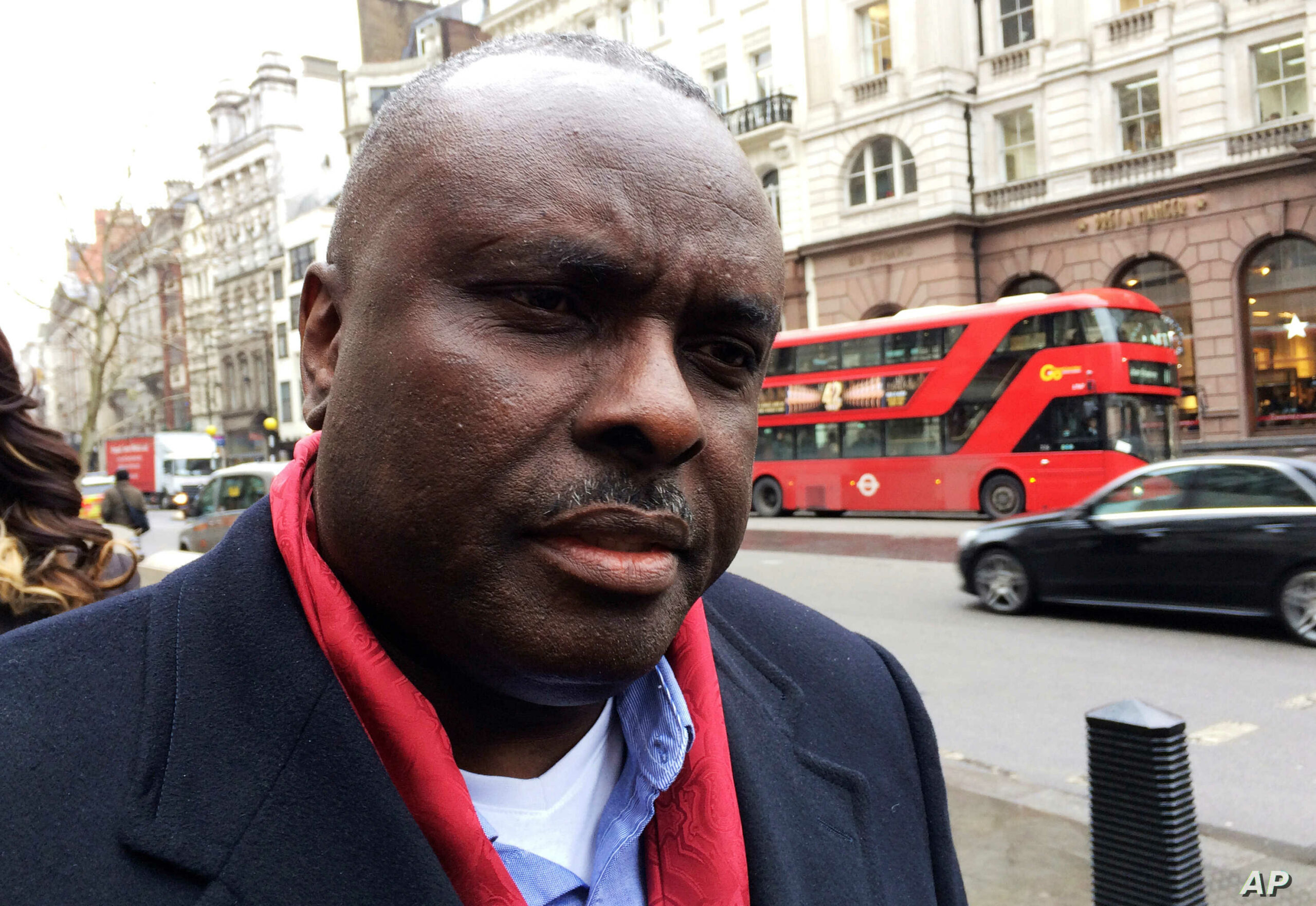Last week, the British High Commissioner in Nigeria, Catriona Laing, announced the decision of the British Government to transfer the sum of 4.2 million pounds to the Federal Government of Nigeria, being part of funds allegedly looted from the coffers of the Delta State government by former governor of the state, James Ibori and stashed in British banks.
The British authorities arrived at this decision having taken note of proceedings from the initial trial of Ibori by the Economic and Financial Crimes Commission (EFCC) over the same matter and after painstaking investigations through its own judicial system.
- Victimisation: We may go on strike again, ASUU warns
Despite N134bn allocation, senators, reps seek more funds
Present at the ceremony where the decision was announced was the Attorney General of the Federation, Abubakar Malami, who stated that a Memorandum of Understanding (MoU) was signed with the British government to inject the funds into some on-going projects in the country. These project are; the Second Niger Bridge, Lagos-Ibadan expressway and Abuja-Kaduna-Kano highway.
No sooner had this announcement been made than comments erupted on the propriety of the decision by the British government. The comments focused mainly on why the funds were not returned to the Delta State government since the monies were originally looted by the then governor, James Ibori, from the coffers of the state government. Another plank of the argument suggested that the monies should have been directed at specific projects in Delta State, to be directly supervised by the federal government.
These comments and arguments fair as they are lose sight of the trajectory and merit of the case from when it was first initiated by the EFCC to when it was eventually decided at the British courts.
It bears reminding that when the EFCC arraigned Ibori and sought to recover the looted funds, the Delta State government at that time under Ibori’s successor, Emmanuel Uduaghan, not only claimed that no such funds were missing, but went to court and obtained a judgement to that effect. The Delta State Assembly on cue endorsed the decision of the Delta State Executive arm. All efforts to get the Delta State government to cooperate with the EFCC and the federal government to help pursue the case and recover the looted funds were to no avail following the pronouncement of that decision. At that point, by legal implication, the Delta State government had willingly forfeited its rights over the case and its eventual outcome.
It was then left to the federal government alone to pursue the case with the British government which finally resulted in the release of the monies.
It is, therefore, needless to introduce political undertones to the case as right from the beginning to end none of the parties involved were obstructed nor under any compulsion whatsoever to participate. The case should thus be looked at purely on its legal merit.
If the British government had agreed with the Delta State government that there was no money missing, we would not be talking about return of any looted money to Nigeria. And as the party that took the pains to legally investigate and trail the looted money, the British government has the onus to ensure that it is utilized judiciously as in this case.
The lessons to be drawn from this case are that our governance and legal systems must live up to expectations. Instances abound in this country where purely legal matters are all too often allowed to be influenced by extraneous factors that do not help the cause of justice and good governance. It is time for all the arguments to stop. The most important thing is that the money has been returned to the country. What citizens should worry about is that it is used judiciously. Efforts should be made to ensure that the money is not re-looted as has been alleged in some cases in the past. Whatever projects the money is injected into should be monitored by the appropriate authorities so that it is completed and put to good use by the populace.

 Join Daily Trust WhatsApp Community For Quick Access To News and Happenings Around You.
Join Daily Trust WhatsApp Community For Quick Access To News and Happenings Around You.

